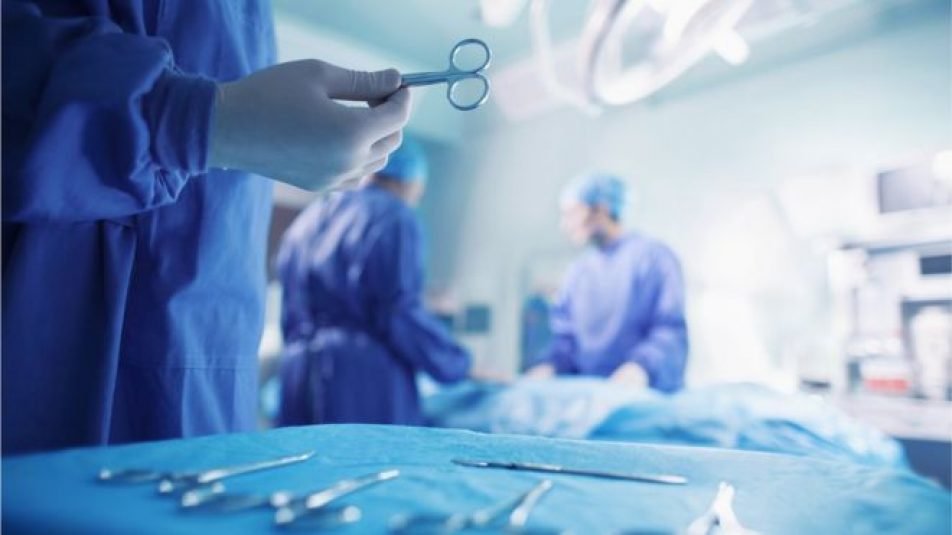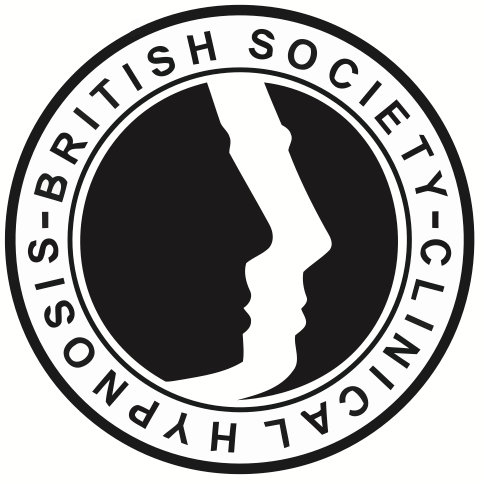Surgery can often be accompanied by feelings of stress and anxiety.
Fear of the surgery itself, fear of needles, injections or general anaesthetic not to mention anxiety regarding the outcome after surgery and the psychological distress during recovery and indeed the ability to make full recovery.
Hypnosis for surgery is nothing new. It goes back centuries.
Hypnosis for surgery go hand in hand. Hypnosurgery, hypnosedation, hypnodontics are all terms for a procedure whereby the patient is sedated not with conventional anaesthetics but naturally with hypnosis and it’s been used since the 1840s, when the pioneering surgeon James Braid demonstrated it and applied it.
We all know that stress has a negative effect on our immune system as well as our body’s ability to heal itself. Stress and anxiety prior to surgery has been linked to greater pain, increased need for painkillers, and longer hospital stays after surgery.
Preparation for surgery triggers the stress hormone cortisol which is released in response to fear, stress and anxiety. This is due to a part of the autonomic nervous system, our inborn ‘fight or flight’ mechanism. When you are preparing for surgery with hypnosis you are able to mitigate the fight and flight response.
A 1975 study (Czeisler, CA et al. 1976) showed that patients who were shaved, washed, and given an enema before heart surgery released a burst of the stress hormone cortisol more than four times greater than normal for that time of day.
Among 30 dental surgery patients, those with high levels of stress during the previous six months took longer to recover from anaesthesia and reported significantly more pain than did patients with low levels of stress. (Liu, R et al. 1994)
Anxiety can lead to poorer recovery. (De Groot, KI et al. 1997) Among 126 back surgery patients, those who were anxious before surgery had significantly more fatigue, tension, and pain three months later than those who were not anxious.
Among 102 women who had minor gynaecological surgery, those who expressed more worry before the procedure displayed greater heart rate and blood pressure changes before and during the procedure, were more difficult to anesthetize, and were more likely to experience headache, vomiting, and pain afterward. (Abbott J and Abbott P 1995)
Colon surgery patients who used guided imagery to reduce anxiety before surgery reduced by half the amount of pain and the amount of pain medication they needed compared to patients who did not practice the relaxation technique. Bowel function also returned about a day and a half sooner. (Tusek, DL et al. 1997)
How can Clinical Hypnotherapy help?
Fortunately, our ‘fight or flight’ or sympathetic nervous system has an equal opposite. Enter your parasympathetic nervous system.
This part of your nervous system restores equilibrium – our natural state of well-being once a threat is gone. A comforting fact is that our minds can activate either system at any time. We cannot be anxious and relaxed at the same time just as we can’t be happy and angry at the same time. Anxiety and relaxation involve two distinctly different parts of the nervous system and trigger different body chemistry accordingly.
And so with techniques to relax the mind and the body we can trigger the parasympathetic nervous system and help improve the process of surgery from the build-up, right through to the post-operative healing and recovery.
Read more about hypnosis for surgery here: https://gailmarrahypnotherapy.com/pre-post-surgery/
My book is available at Amazon and all good bookstores https://www.amazon.co.uk/Health-Wealth-Hypnosis-beautiful-life/dp/1913479234/ref=tmm_pap_swatch_0?_encoding=UTF8&qid=&sr=








